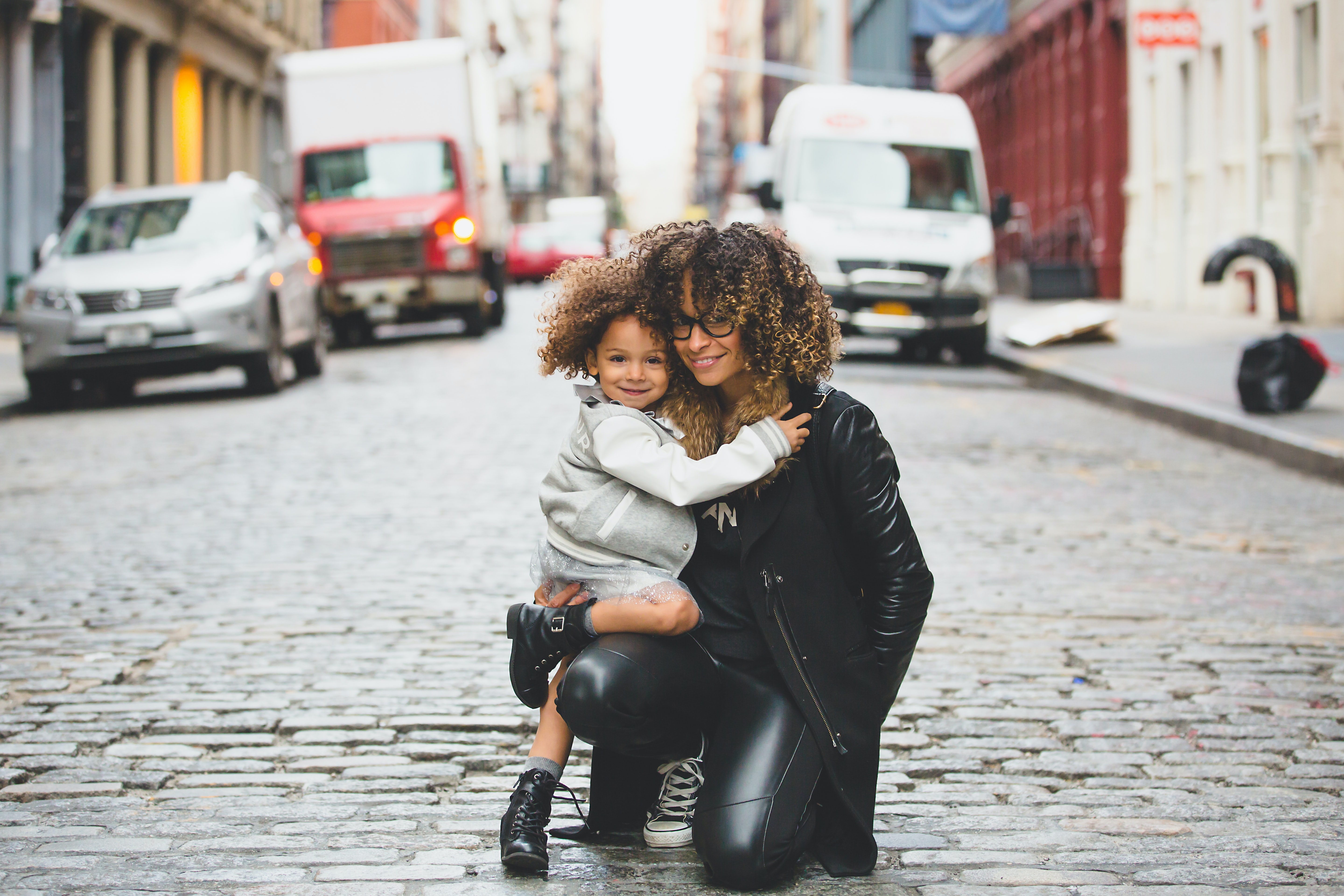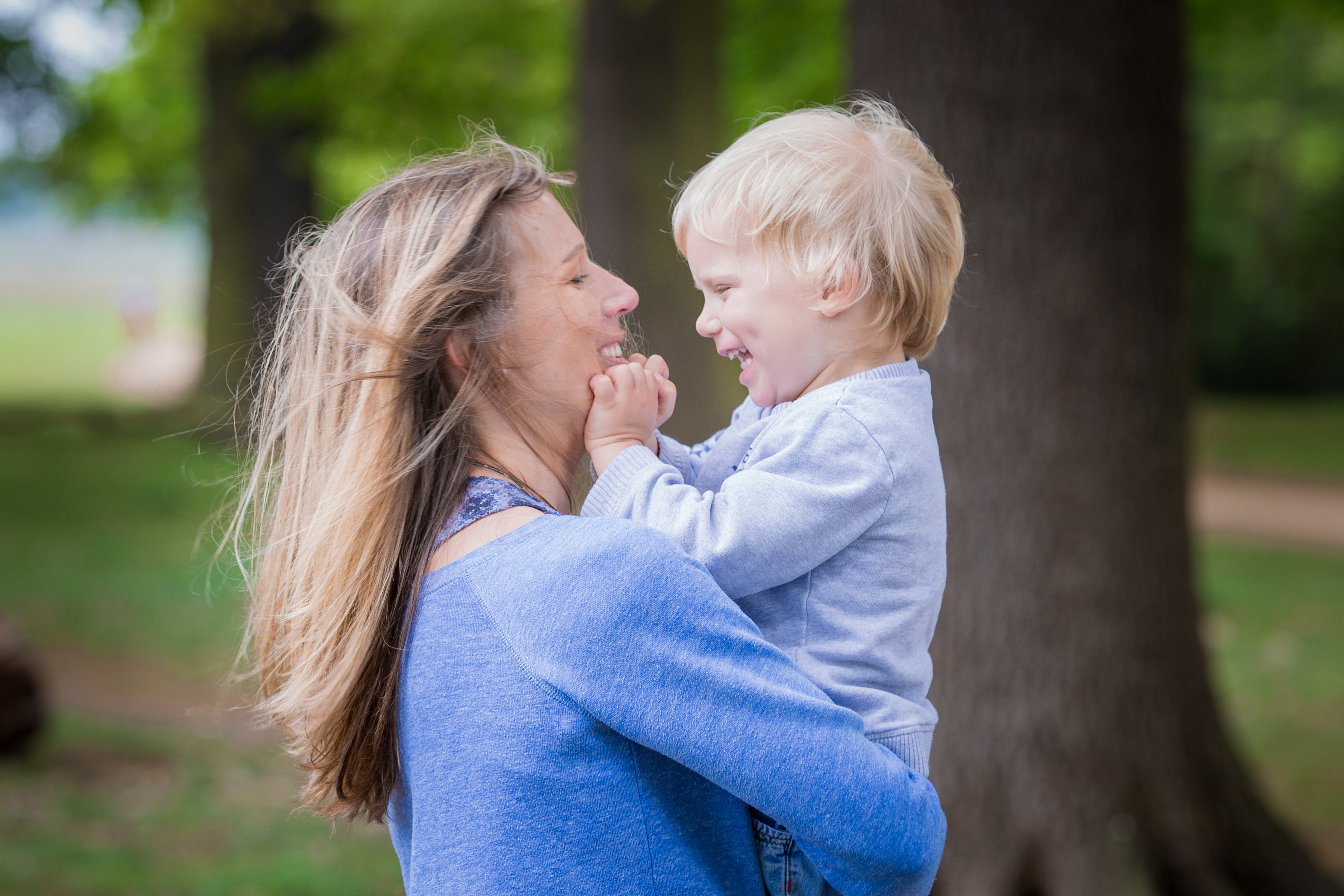Having barely recovered from the emotional trauma of parenting through the first wave of Covid-19, we are now trying to get our heads around a new set of constantly changing restrictions. Whatever happens this winter, parents are bracing themselves for the worst. Six experts in parental wellbeing from the Nourish app share their opinion on the main challenges and most importantly… how to cope.
Since the last lockdown, we have been able to observe how the restrictions this pandemic has called for have impacted family life – relationships distress and conflict, lower social support and greater economic stress – all serious risk factors for mental health. Research in Canada found that pregnant mothers and parents with young children are experiencing three- to five-fold increases in self-reported anxiety and depression symptoms.
In addition to the uncertainty that we are all facing, parents have the particular challenge of being a buffer between their children’s emotional health and the unsettling state of affairs. As parents, we prefer to take the hit than to let our children suffer.
However family life depends heavily on the wellbeing of the parents as well as our ability to make plans for today, tomorrow and the future. Children need routines to feel safe and secure.
If there is one thing that we can plan for right now, it’s how to cope. There are simple strategies we can implement everyday to proactively support our mental health and wellbeing and help us get through these winter months.
Parental well-being and mental health experts from the Nourish App share their opinions on the biggest challenges for parents and – what we all need right now – their top coping strategies.

The biggest challenges for parents right now
“I think the greatest challenge parents and children face right now is uncertainty. Not knowing what will happen tomorrow and often the anxiety about whether everyone will remain healthy”
– Hannah Abrahams, Educational and Child Psychologist
“Feeling uncertain, feeling unsteady and feeling we lack control is hard. It feels scary and unsettling. We are all mourning our old routines that brought structure to our life and gave us moments of peace and calm. The cuppa at playgroup, the hug at a friends house and the piece of cake and the relief of school giving some hours to work or rest”
– Dr. Rebecca Moore, Perinatal Psychiatrist
“The biggest challenge for parents I believe is the additional pressures of having children home more, less support, reduced social lives and uncertainty of jobs and education. This leads to feelings of failure, guilt, shame and low self esteem”
– Sophie Burch, Perinatal Therapist
“Loss of imagined futures – no trick or treating, no fireworks this year, christmas looking very different with restrictions – real loss to acknowledge and move through. Financial pressures too – job loss, career pivots…”
– Suzy Reading, Chartered Psychologist and Yoga Teacher
“Worrying about making ends meet for the family from having loss of income. Feeling exhausted from half a year without a break, having lost socialising and support systems. Trying to meet their children’s emotional needs when feeling overwhelmed by their own. For new parents, isolation and lack of support looking after a new baby, not being able to go to baby groups.”
– Michaela Thomas, Clinical Psychologist
“Containing our kids emotions when parents themselves are only running on fumes. It’s hard. We are all on edge. We are all exhausted after 7 months of this. Our nerves are frazzled, our patience is limited. We all need a break, a proper holiday. But that is a distant dream at the moment for most.”
– Sara Campin, Life Coach and Founder of Nourish App
… and how to cope

“Ensure that as a parent you are giving yourself time to reflect and have mindful moments too. Try to distance yourself from the bombardment of the news and create a little bubble for you. Allow yourself to drink that cuppa whilst it is still hot!”
– Hannah Abrahams, Educational and Child Psychologist
“Make new routines. New moments of peace. New ways to feel in control. Even if the world feels odd and strange we can still make sure we have things we do in each of our lives to bring a sense of agency”
– Dr. Rebecca Moore, Perinatal Psychiatrist
“My top coping tip is to get grounded as often as possible. Have regular emotional and mental check-ins and get outside in nature at least once a day”
– Sophie Burch, Perinatal Therapist
“Make a list of people you want to stay current with and think about different ways you can communicate care. Make your home environment as harmonious as possible so using scent, colour, light and nature to give us a lift indoors. Lastly, jot down some coping tools – turning to the breath, mantra, bringing our focus to what lies within our control, compassion and mindfulness”
– Suzy Reading, Chartered Psychologist and Yoga Teacher
“Lowering standards, take the pressure off yourself, aim for good enough. Do what you can. Take shortcuts and embrace imperfection, e.g. on screen time and food you cook. Prioritise self-care for you and your partner. Do less to stress less, and don’t beat yourself up for mistakes. Talk to other parents, they’re bound to feel similarly to you.”
– Michaela Thomas, Clinical Psychologist
“Now more than ever we need to think of creative ways to nourish our mind and body. We need to dot moments of nourishment through our day to lift our spirits and to give us something to look forward to. More than ever we need to treat ourselves with kindness and compassion and remember we are all only human. When we give ourselves permission to tend to and nourish ourselves, we can more easily show up for our kids as the parents they need us to be, but also more easily continue to hold hope in our hearts and theirs.”
– Sara Campin, Life Coach and Founder of Nourish App.


